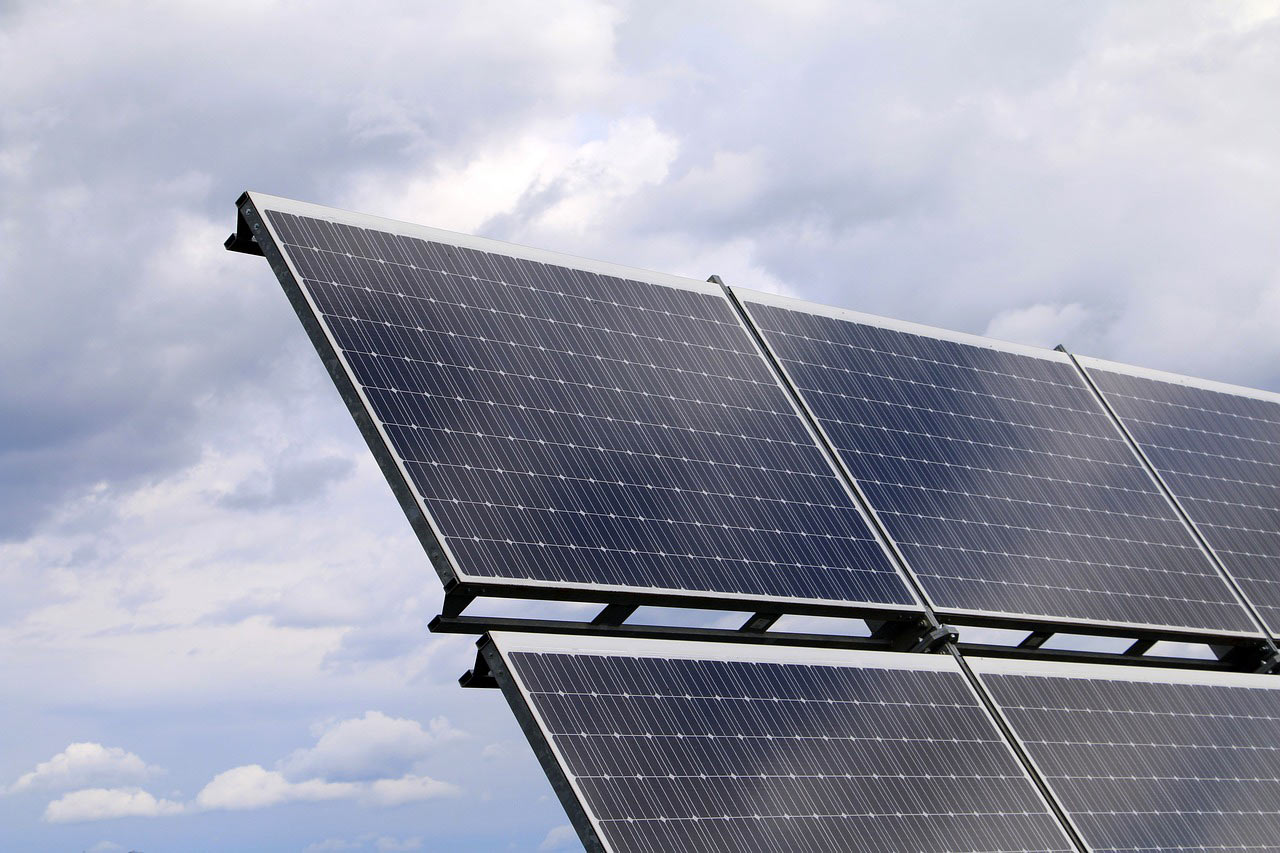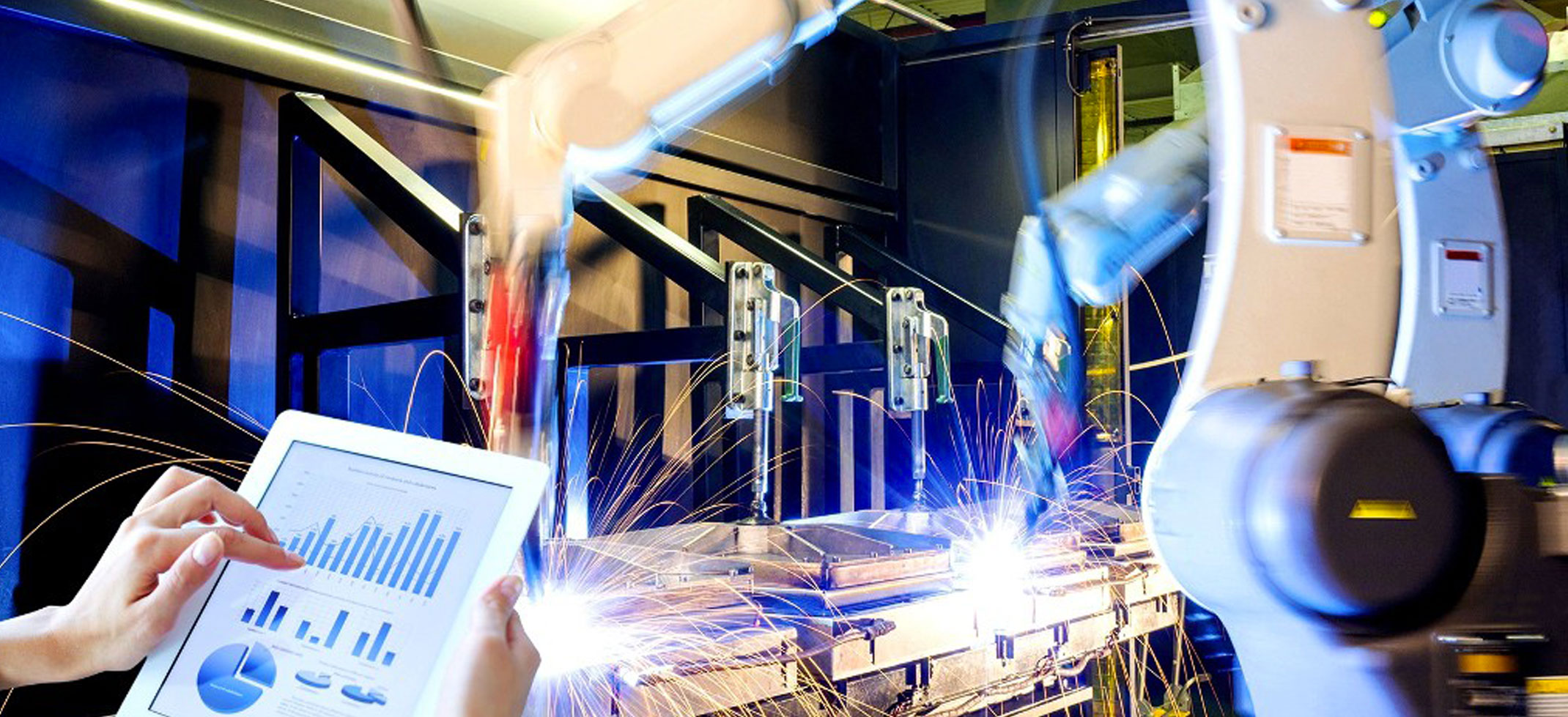Over the past 30 years, the information revolution has led to a radical transformation of the world in which we live and work, with an impact comparable to that of mechanization and electricity in the first and second industrial revolution. Today, about 90% of industrial production processes is supported by ICT (Information and Communication Technology).
The first industrial revolution began in the late 1700s, it has focused mainly on the textile and metallurgical with the introduction of the flying shuttle and the steam engine; then in the second half of 1800 with the use of electricity, chemicals and oil has been spoken of the second industrial revolution. In the ’70s, thanks to the explosion of ICT came the third industrial revolution. Revolutions, the first three, which have caused permanent and profound changes in society: from the production system involved in fact the economic environment with significant social impact.
The evolution of computing today sees the connection through the Internet to an increasing number of computers with computing power continues to grow and the provision of information technology services through cloud computing. This has been made possible thanks to the introduction in 2012 of the new Internet Protocol IPv62 that allowed to have enough IP addresses to the realization of a universal network of intelligent objects directly via the Internet. With the introduction of the concepts of the Internet of Things and Services we are approaching what will be the fourth industrial revolution (Industry 4.02). In the future, in fact, companies will manage global networks that incorporate machines, storage systems and production facilities. So intelligent machines, storage systems energy production sites that will exchange information and trigger actions will be monitored each other independently. This evolution will bring improvements in industrial manufacturing processes, in the activities of engineering, use of materials along the supply chain and in general in management of the entire life cycle of the product. The smart factory, the daughter of this revolution will mean a whole new approach to production that can meet the individual requirements of customers making the production profitable, besides creating last-minute changes in the production cycle of the industries in order to ensure high levels flexibility that a growing demand dynamics will ask.
More information: http://www.heatexchanging.com






